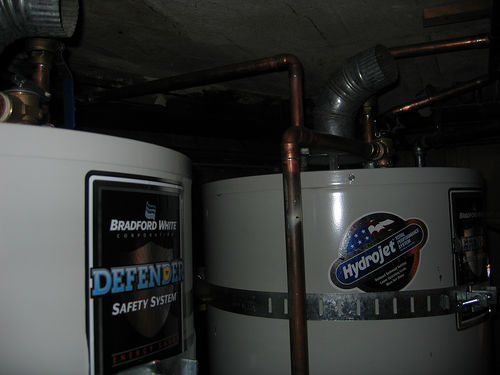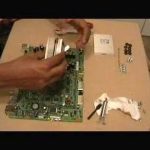Water heaters are an important equipment to have around the house. When working properly, they give you a steady supply of hot water wherever and whenever you need it.
Unfortunately, this is also one of the most neglected fixtures around the house. One only starts paying attention to it once it has failed to function properly. Sometimes, the problem can be solved but other times, the problem is of gigantic proportions already that repair is out of the question.
Before this happens to you, it is important to note a few water heater maintenance steps to have your heater running smoothly while also increasing its longevity.
Basics of Water Heater Maintenance
1. Clean your tank. One of the fastest ways to have your water heater conking out on you is failing to clean your water tank. As you continuously use your water heater, dirt build-up may occur.
This dirt build-up will not only result in giving you contaminated water but will also clog your heater if left to continuously build-up over time and will also have your heater working double time to provide you with the amount of hot water that you need.
So the first thing you have to do is to keep your tank clean at all times.
• Drain out the water. Before you drain out the water, it important that you turn off your water heater. Your instruction manual should have a guide on how to turn off your heater.
It is important to follow the directions carefully to avoid accidents. You may want to use protective gloves as your heater could be very hot and the water inside the tank may scald you.
2. Keep corrosive materials away from the water heater. Cleaning aids such as bleaching products or those containing acidic materials or ammonia are corrosive materials that when kept within a close distance to your water heater, may result in the heater rusting away without you even knowing it.
As the heater is being used, it may “inhale” corrosive air into the system which will then result in the heater slowly rusting away.
3. Check your water pressure. A very strong water pressure can damage your heater and pipes. Getting it down to at most 80 psi or pound per square inch – a unit of measurement used to determine pressure – is ideal.
These are very basic and very simple steps on maintaining your water heater. By regularly checking your heater, you can enjoy a good and steady supply of hot water around the house for man years to come.



